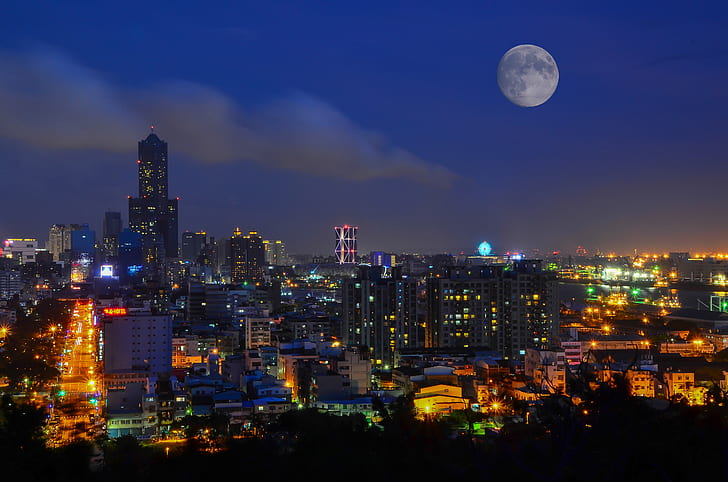WE choose to go to the moon- A story of how nationalism turned into a global achievement
On September 2,
1962 President John F. Kennedy made the momentous speech of the century. He
said- “We choose to go to the moon. We choose to go to the moon in this
decade and do the other things, not because they are easy, but
because they are hard, because that goal will serve to organize and measure the
best of our energies and skills, because that challenge is one that we are
willing to accept, one we are unwilling to postpone, and one which we intend to
win, and the others, too”.
This speech marked
the beginning of the decade long effort of the United States to beat the Soviet
Union in the ‘space-race’ during the Cold War era. Thousands of engineers,
scientists, doctors, mechanics, clerks, and other professionals came together
on the mission of the United States to take two men to the surface of the moon and
bring them home safely.
Several
scientific advancements were made even before the Apollo era by both US and
former USSR. The USSR was the pioneer in many great leaps in space science and
exploration, including the launch of the first man-made satellite, Sputnik, and the first man in space, Yuri Gagarin. But none of these feats caught the public eye
like the moon landing on January 20th 1969. The Sputnik rather terrified
the western world.
Space, was and still remains, to a great extent, an unknown frontier. The US decided to explore the unexplored. The first manned mission to the moon was not aimed at scientific exploration of the moon, it was the US trying to make a point to the entire world of its capacity and power; the success of moon landing was ‘supposed’ to be charged with nationalistic mentality among the American people.
Space, was and still remains, to a great extent, an unknown frontier. The US decided to explore the unexplored. The first manned mission to the moon was not aimed at scientific exploration of the moon, it was the US trying to make a point to the entire world of its capacity and power; the success of moon landing was ‘supposed’ to be charged with nationalistic mentality among the American people.
However, the world refused to perceive the moon landing the way US government initially
intended to; Apollo 11’s mission not only is the story of the first-ever manned
space flight to the moon but also how nationalistic environment gave
rise a global achievement.
WE in JFK’s
speech meant People of the United States of America. However, after the moon
landing, WE became the human race. The entire world was stuck in front of
television screens rejoicing together as Neil Armstrong set his first step on
the lunar surface. Newspapers across the world printed “Men walk on the
moon” or other variants of the same message, in bold on the first page; it
was not ‘Americans’ on the Moon, it was humans. Michael Collins in an interview
to the BBC recalls that in every country he visited after the Apollo 11 mission,
the people there considered the crew of Apollo 11 as astronauts from planet
Earth more than the USA.
For the scientists, the moon landing is bound to be a
matter of monumental significance. However, the scientific feat also represented
a sense of hope and joy for the common man and woman who were recovering from
the miseries of World War II, amid the Cold War, Vietnam War, suffering security dilemma from
former USSR nuclear weapons, et al.
Therefore, next time when
you look at the moon, think about the significance of travelling a quarter of
million kilometres through unexplored space to step on Moon.
We now live in
a world where mankind has stepped on the Moon, on which innumerable poets and
romantics have written poems and songs. The moon we see now isn't the moon of the 60s.
The moon
landing to me holds not only scientific significance but also political,
social, philosophical, and moral. It is a story of how mankind, even in
dire times, can rise above conflicts and differences, and work together towards the greater good.
Nikhil Erinjingat,
3rd Year Law Student at Ramaiah College of Law Bangalore.
3rd Year Law Student at Ramaiah College of Law Bangalore.
Image credit: https://i1.pickpik.com/photos/321/403/798/the-urban-landscape-kaohsiung-taiwan-moon-preview.jpg




Truly inspiring article bolstering the aspirations of the nation and giving hope in such dire times.
ReplyDeleteYou write how I feel, even if I can’t express it.
Keep up this good initiative, excited to hear more from my Audacious Lawyer.
SURYA PRATAP SINGH
Thank you! Means a lot!
Delete